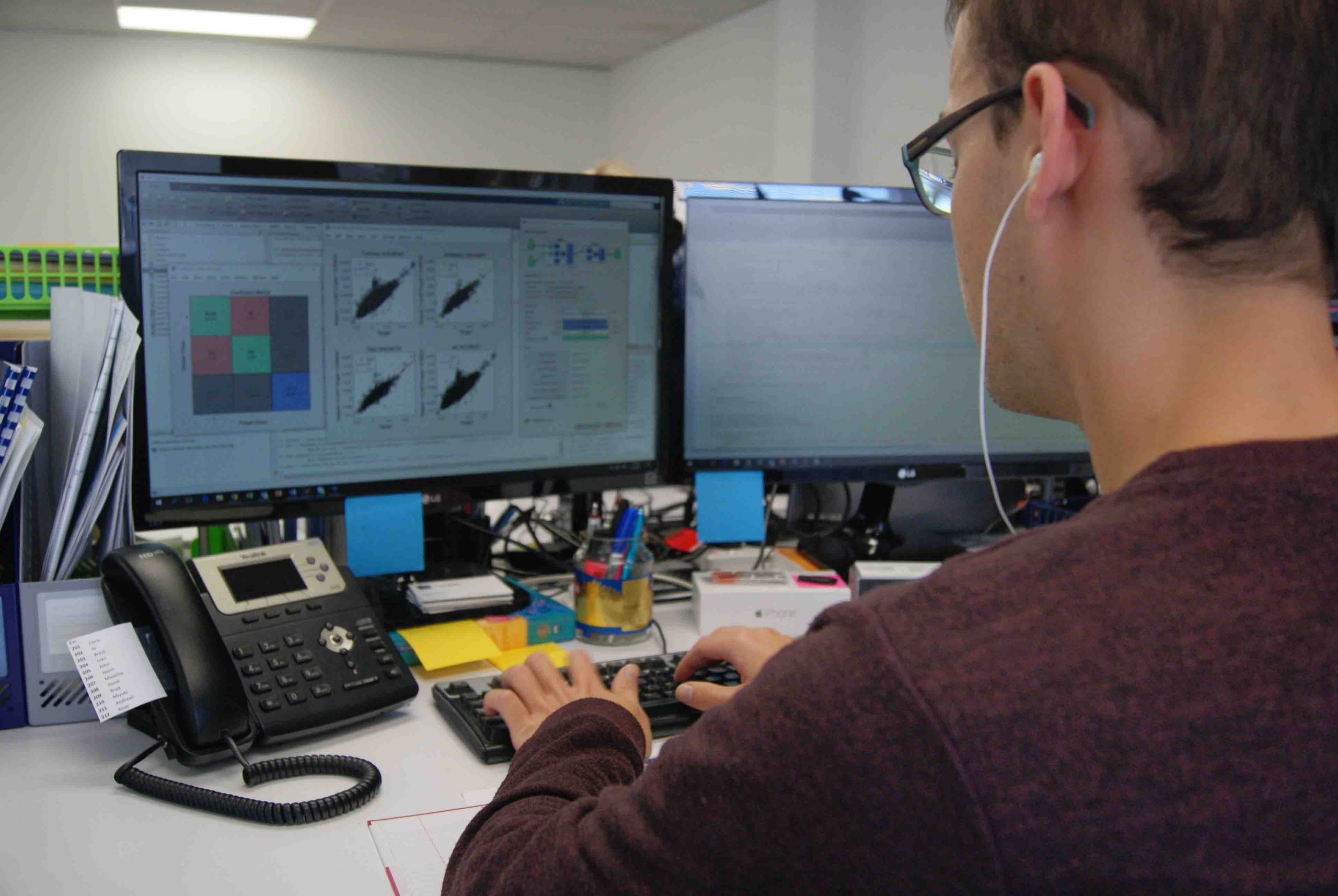Project Overview:
In late 2024, Melbourne Water had noticed that their Cresswell Water Treatment Plant (WTP), while generally operating smoothly, had some minor issues relating to its water source, distance from the city, and process control. Seeing a need for external expertise, Melbourne Water enlisted Lutra, to test out our process optimisation skills.
Lutra's task was to conduct a comprehensive analysis of the Cresswell WTP, identifying potential process improvements. What made this project particularly challenging was that the entire analysis had to be conducted remotely, without any physical inspection of the plant. Lutra's team, led by Jonathan Church and Ivan Ottenheijm, used a variety of data sources provided by Melbourne Water, including historian data, Process and Instrumentation Diagrams (P&IDs), operations manuals, control narratives, HACCP documentation, a list of assets, a bulk supply system schematic, a site survey, and a membrane autopsy report.

Solution:
Through detailed analysis, Lutra identified four key areas where process improvements could be made:
- pH Correction: The coagulation pH at the plant was found to be suboptimal and
would benefit from adjustments to optimise the process and bring the pH into a
more optimal range. The site had final water pH correction using Soda Ash, and
moving the dose point to the head of the plant was a relatively easy change to
implement. - Alkalinity Correction: The alkalinity levels were too low for effective coagulation,
requiring correction to enhance treatment efficiency. - Coagulant Control: The coagulant dose was being controlled manually, which,
given the plant's remote location, resulted in delayed responses. Automating this
process was essential for timely and accurate dosing. - Membrane Cleaning Schedule: The membrane fouling was deemed
recoverable, and optimizing the cleaning schedule would reduce fouling and
improve overall performance.
Using our operational knowledge, it was identified that these improvements could be made using existing hardware and plant processes, making all of our recommendations cost effective and easy to implement.
The potential value in these recommendations was obvious to Melbourne Water and changes to the pH correction process are set to be implemented not only at Cresswell WTP but also at two other sites experiencing similar issues. Additionally, a project will be initiated to reinstate the streaming current meter for better coagulant control.
This project shows just how effective process optimisation can be, even when done remotely, the outcomes can improve treatment in many ways.
Outcome:
Lutra’s work with Melbourne Water highlights the importance of precise process control and the benefits of external expertise in overcoming operational challenges. This project’s finding went beyond improving the efficiency and effectiveness of just the Creswell WTP, with many of the recommendations being rolled out to other similar WTPs, making an inexpensive study even more valuable.
Lutra's involvement in this Melbourne Water project demonstrates their capability to enhance water treatment processes through innovative and data-driven solutions.
Being able to produce such valuable outcomes from a simple study like this further shows how Lutra can raise the bar when it comes to process optimisation in water treatment.

